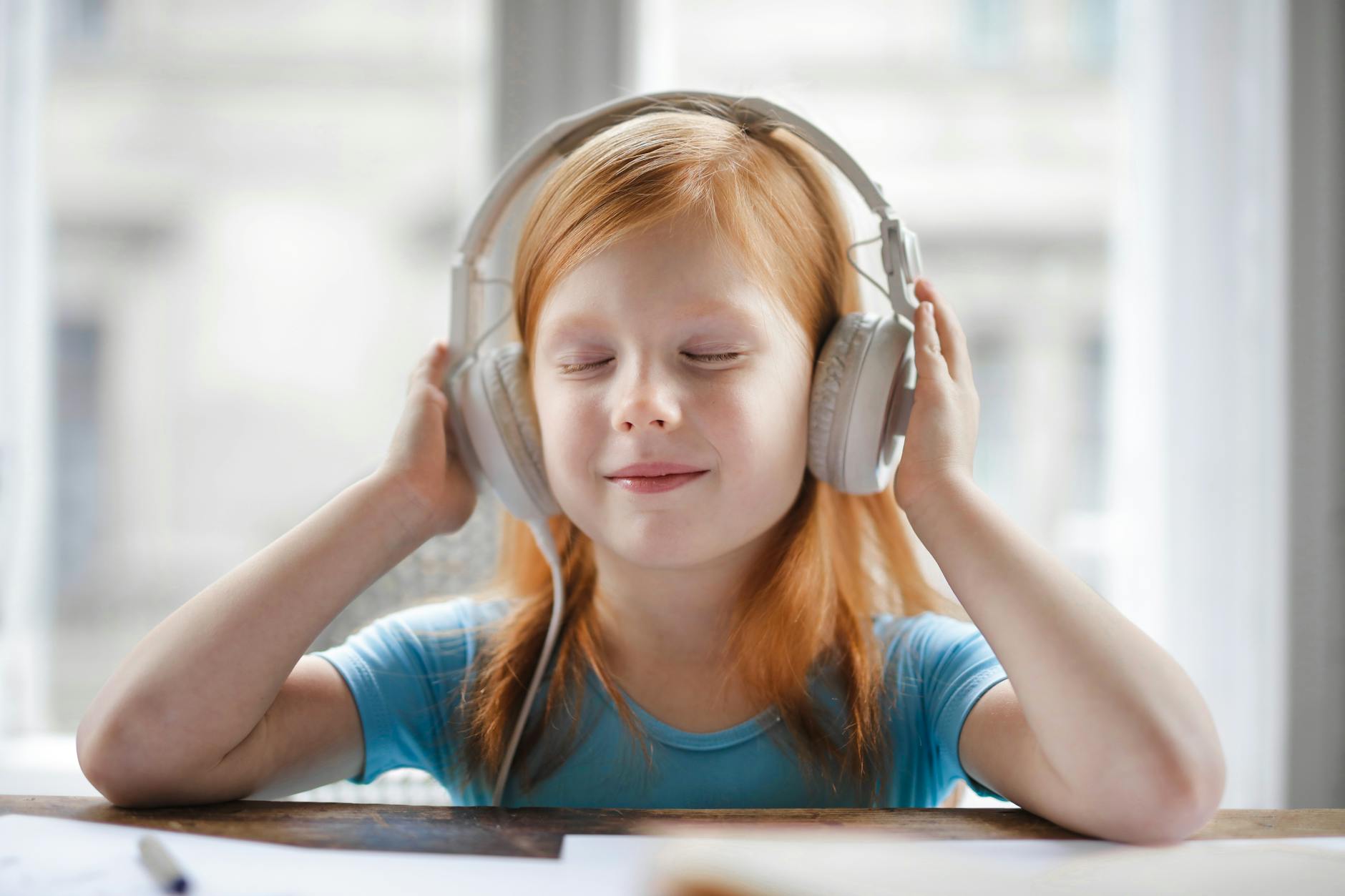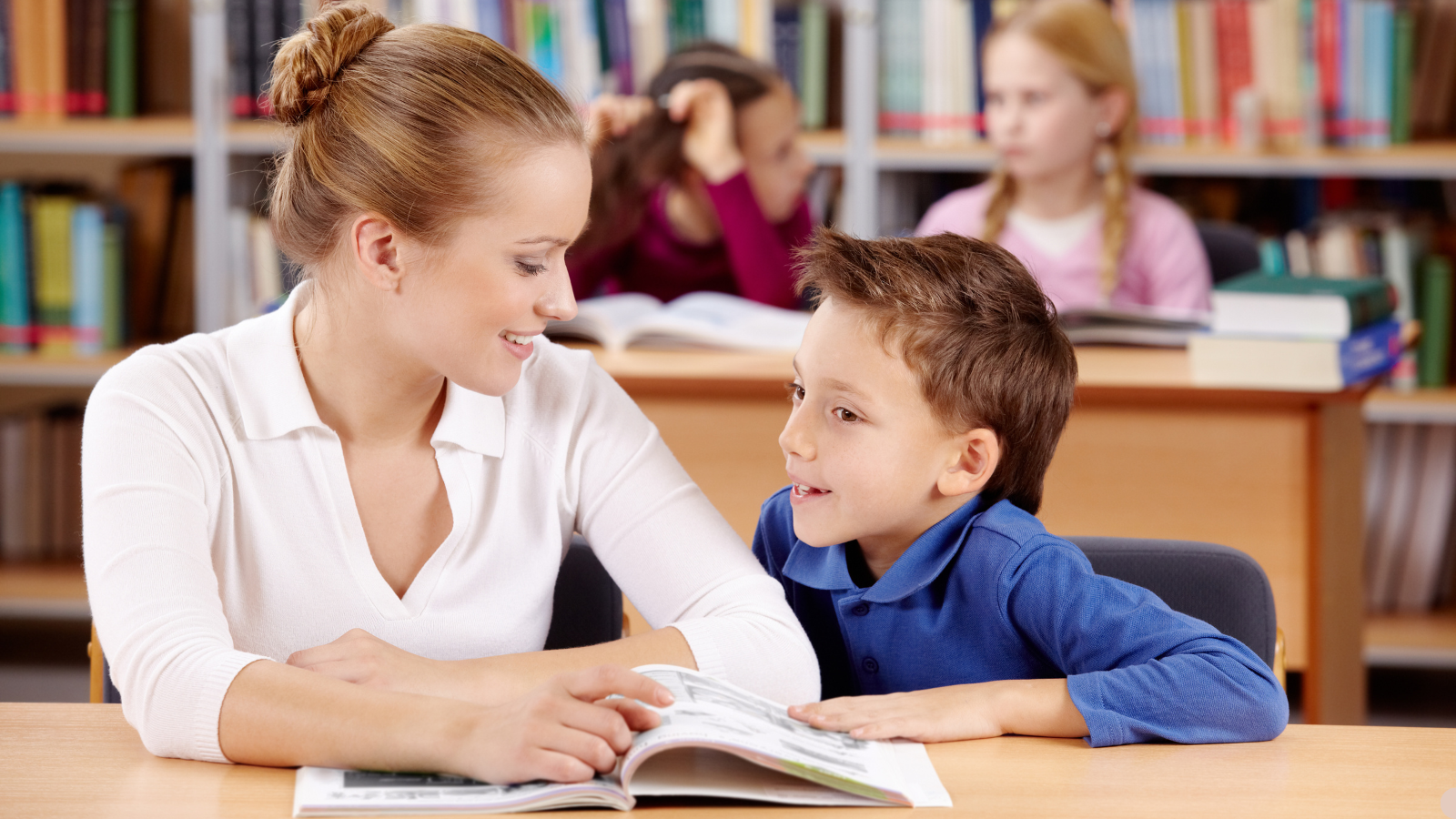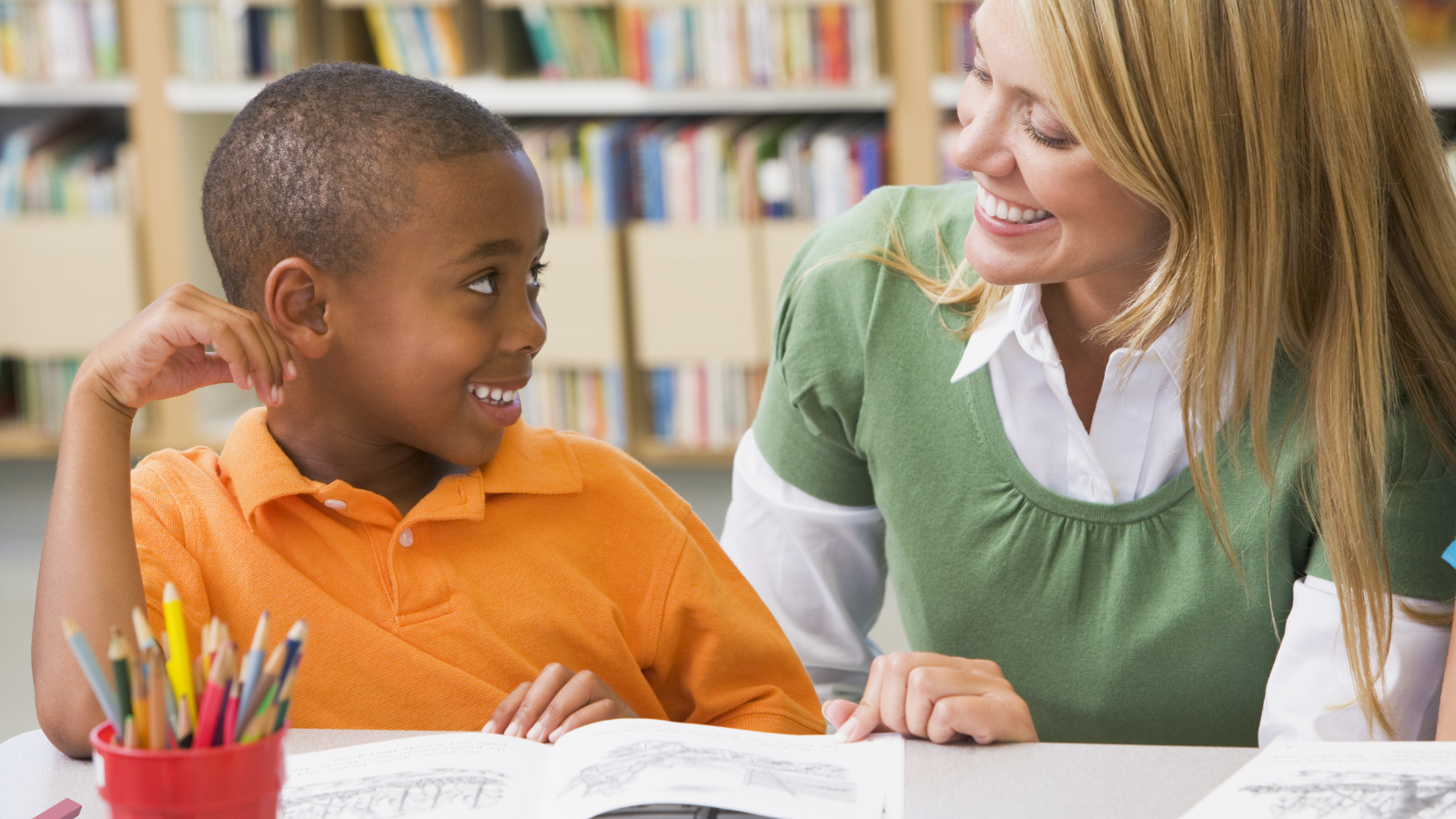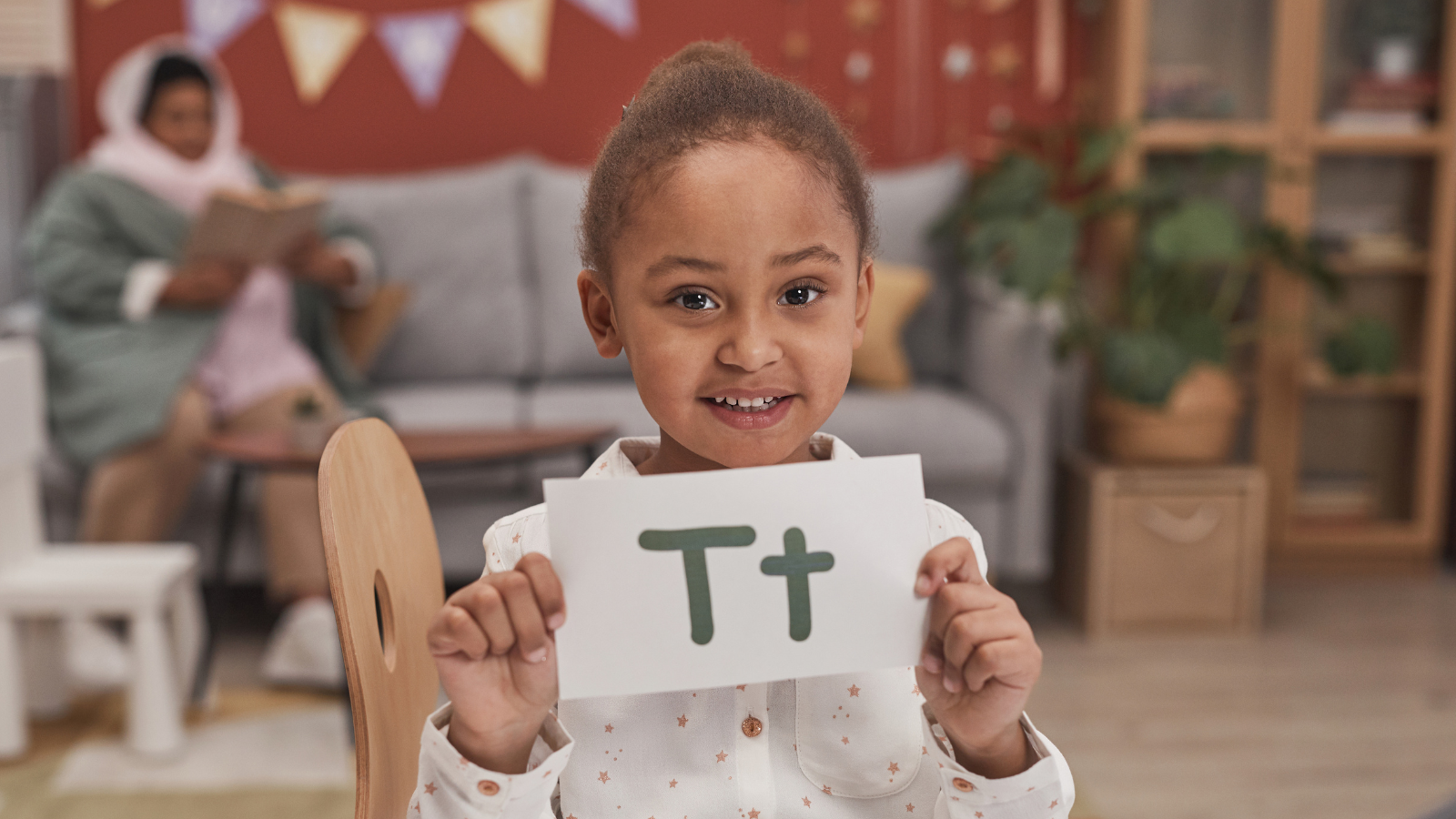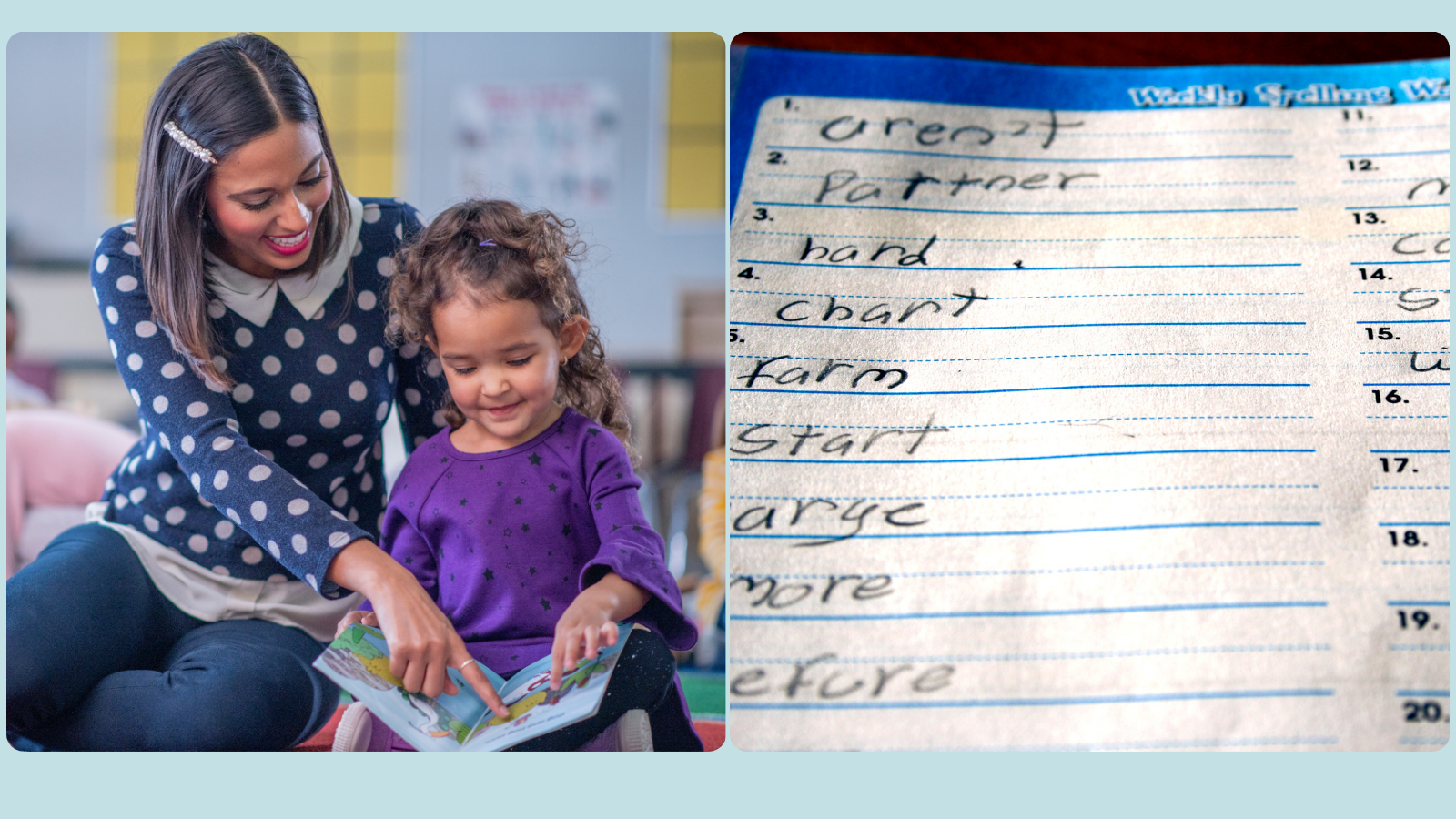For struggling readers in Years 2-6, when might read-alouds and audiobooks help? (Free resource included!)
The big picture:
Reading comprehension is the product of word recognition and language (listening) comprehension skills. If you have typical language skills but can’t read words accurately and quickly enough, your reading comprehension of a text will be lower than if you listened to it.
Zoom in:
Recent research on first to third-grade students in Spain suggests that:
- reading comprehension and listening comprehension are related when students read more than 73% of non-words in a list accurately (basic word recognition threshold); and
- for students with good listening comprehension, reading comprehension performance on a text matches listening comprehension once students can read:
- around 66 individual words in a decontextualised list a minute (oral-written matching functional threshold); or
- around 140 words a minute when reading the text (oral-written matching efficient threshold).
Read more:
García, Sánchez, Calvo & Cain. Word recognition thresholds in novice readers: exploring when reading and listening comprehension are comparable. Read Writ (2024). (open access!)
Why it matters:
For older struggling readers with typical oral language comprehension skills:
- poor word reading becomes an increasingly significant bottleneck on reading comprehension;
- an inability to read age-appropriate texts accurately or quickly enough reduces exposure to ‘book language’, which tends to be more sophisticated and complex than conversational language; and
- over time, students get less exposure to academic vocabulary, higher level language (e.g. metaphors, idioms), world knowledge, and complex language structures compared with their peers. This can affect both reading and oral (listening) language comprehension, as well as academic participation and success.
What we should do:
- Prioritise evidence-based reading instruction to improve word reading accuracy and speed, with initial reference to the thresholds above.
- In parallel – but not at the same time – expose struggling readers to quality texts in other ways, including through read-alouds and audiobooks.
Tool to try:
For struggling readers in Years 2-6 with typical oral language skills, check out our FREE classic audiobook resource pack:
- 42 classic stories with clickable YouTube links.
- Texts selected for students at different stages, from Years 2-6.
- Includes traditional tales from a range of cultures, fables, and classics by authors like Dickens, E.B. White, Barrie, Christian Andersen, Carroll, Irving, Defoe, Twain, Alcott, Burnett, and Doyle.
- Aligned with the Core Knowledge Foundation text lists.
Go deeper:
- Priorities for early reading instruction: revisiting the Narrow View of Reading
- Oral language comprehension: what is it? A plain English explainer
Take action:
Download our FREE Classic Audiobook Resource Pack for Children in Years 2-6:

Hi there, I’m David Kinnane.
Principal Speech Pathologist, Banter Speech & Language
Our talented team of certified practising speech pathologists provide unhurried, personalised and evidence-based speech pathology care to children and adults in the Inner West of Sydney and beyond, both in our clinic and via telehealth.

